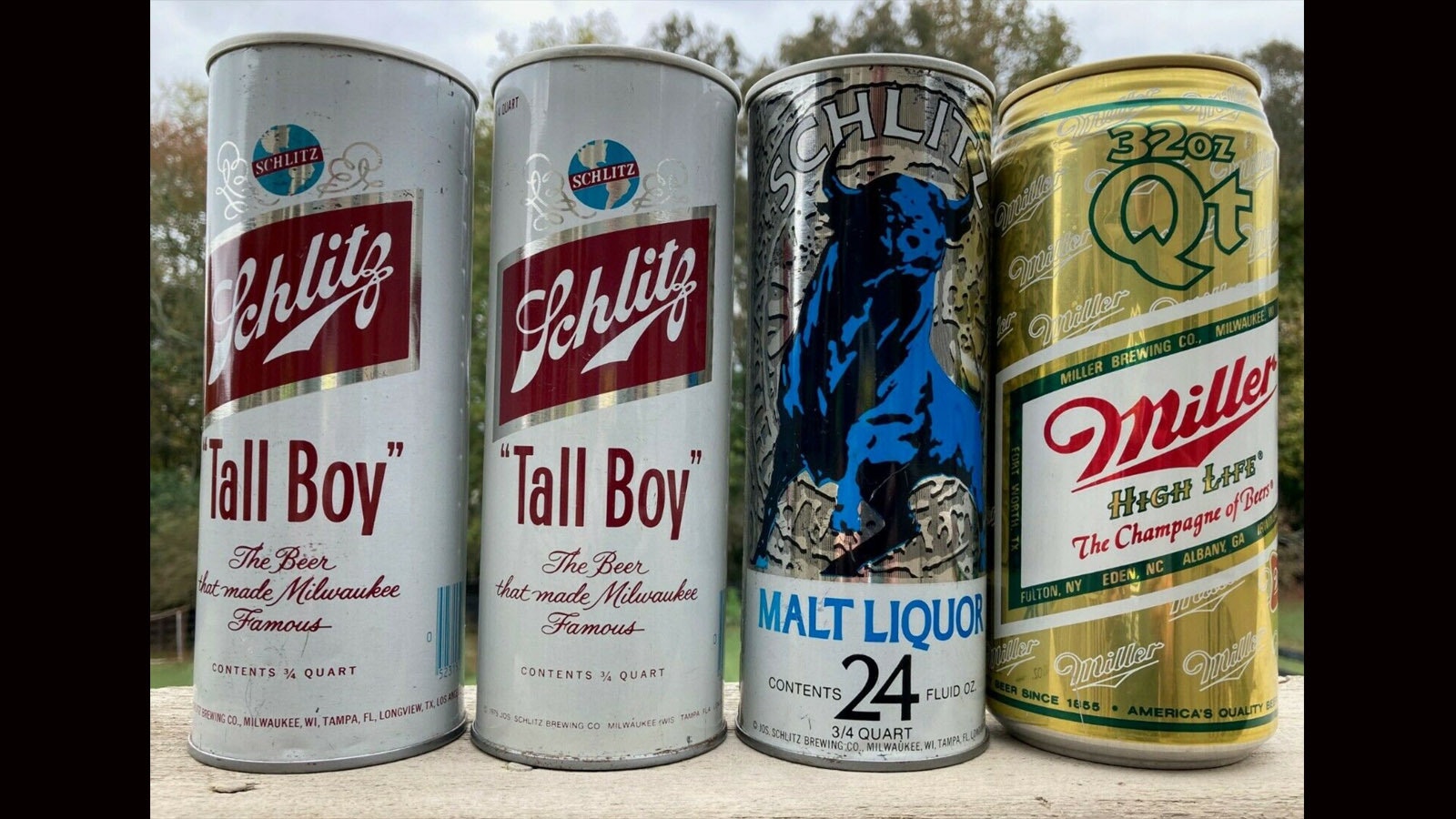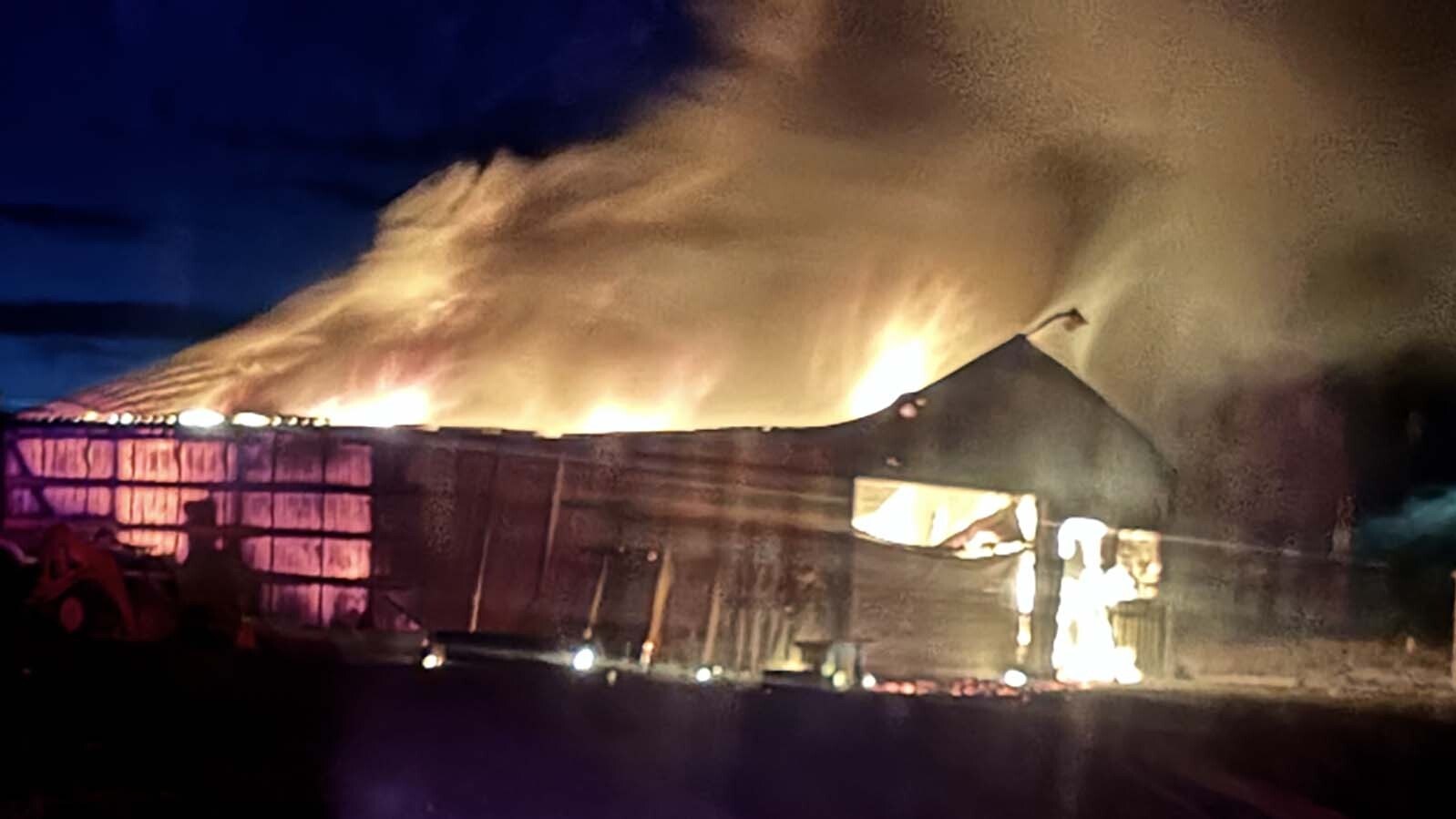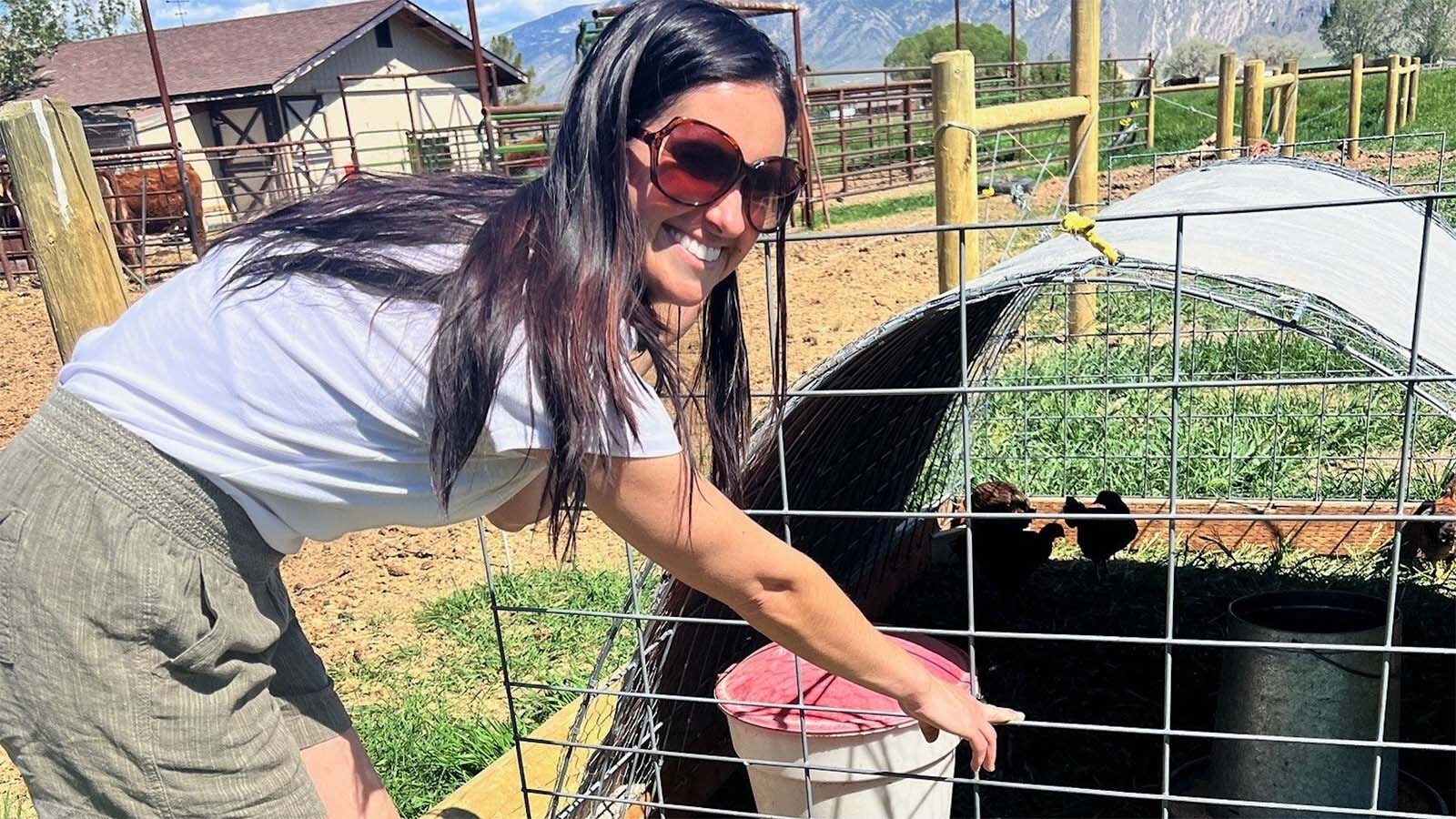By Ryan Lewallen, County 17
The Gillette City Council announced it will consider adopting regulations to comply with a new state statute that allows alcohol and malt beverage deliveries for some liquor license holders.
The new statute, W.S. § 12-5-601, implemented with the passage of House Bill 13 (HB0013) in the Wyoming Legislature Feb. 5 and signed into law by Wyoming Gov. Mark Gordon Feb. 9, gives the council until July 1 to decide whether to allow alcohol deliveries in city limits or not, according to City Attorney Anthony Reyes.
“You don’t have to, but if you want to, we need to make some rules about it,” Reyes told the council on April 20. Making those rules would require the council to approve revisions to Chapter 3 of the Gillette City Code to allow retail, microbrewery, winery, winery satellite, and manufacturer satellite liquor license holders to deliver alcohol.
As of April 20, there are currently 33 liquor license holders in the city that would be eligible to make deliveries, according to Reyes, should they adhere to the requirements outlined by statute.
All delivery orders would need to be placed in the licensed building the same day as the sale and be placed by a person who is 21 or older. Delivery drivers would not be permitted to accept money for alcohol and would be required to verify the recipient’s age through their ID.
Any delivery would need to be sealed, meaning alcoholic beverages need to be in their original unopened package, in a plastic bag that is heat-sealed closed, or in a container fitted with a breakable seal in the top, Reyes said.
Retail liquor license holders, he continued, would also be allowed to contract with a third party to deliver alcohol and malt beverages, though the rest would only be allowed to deliver their manufactured products.
In addition to the statutory requirements, Reyes proposed a series of city mandates that any city liquor licensee would need to follow should they wish to deliver alcohol or be charged with a misdemeanor for violating the city code.
One mandate would require delivery drivers to complete alcohol server training programs, also known as TIPS training, prior to allowing a business to make any alcoholic deliveries, according to Reyes.
Another mandate would hold the liquor license holder accountable for infractions by their employees, businesses, entities, or any third-party contractors working on behalf of the licensee.
“If we don’t do this, we don’t have any way to reach back,” Reyes said. “The licensee could simply say ‘it’s the (contractor’s) fault.”
Requiring liquor licensees to notify the city that they intend to begin making deliveries and whether they plan to utilize third-party contractors, however, were not part of the mandates Reyes suggested to the council, though he stated that it was something that could be discussed in the future.
Before any changes can be made to the city code, they must be approved through three readings by the Gillette City Council, who expect to hear from proponents on both sides of the issue in the coming months, according to Gillette Mayor Louise Carter-King.
But allowing the delivery of alcohol in city limits may not be an entirely bad thing, according to Carter-King, who expressed during the meeting that it could lead to fewer drunk drivers down the road if intoxicated residents don’t need to drive to purchase more alcohol when they run out.





